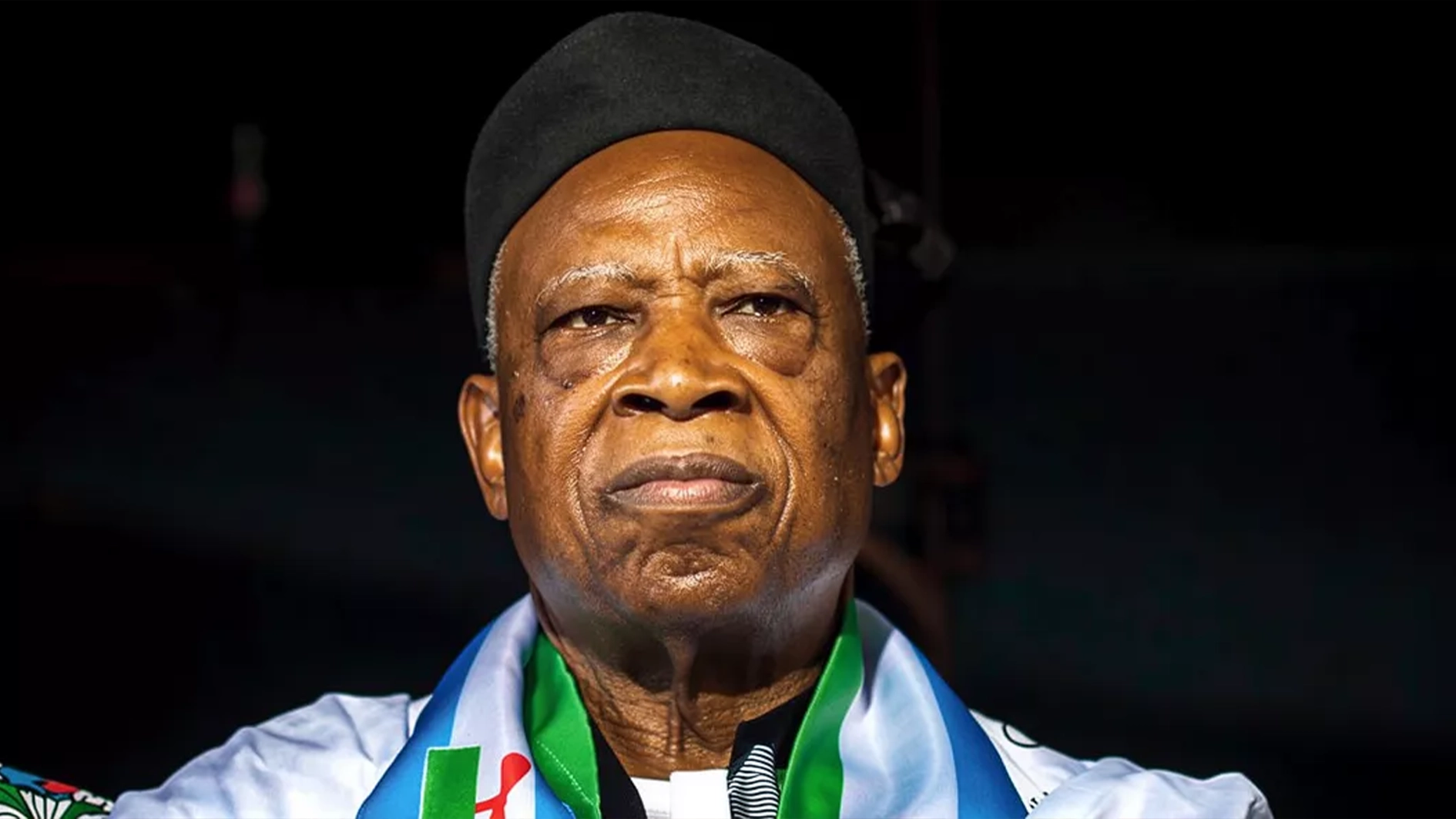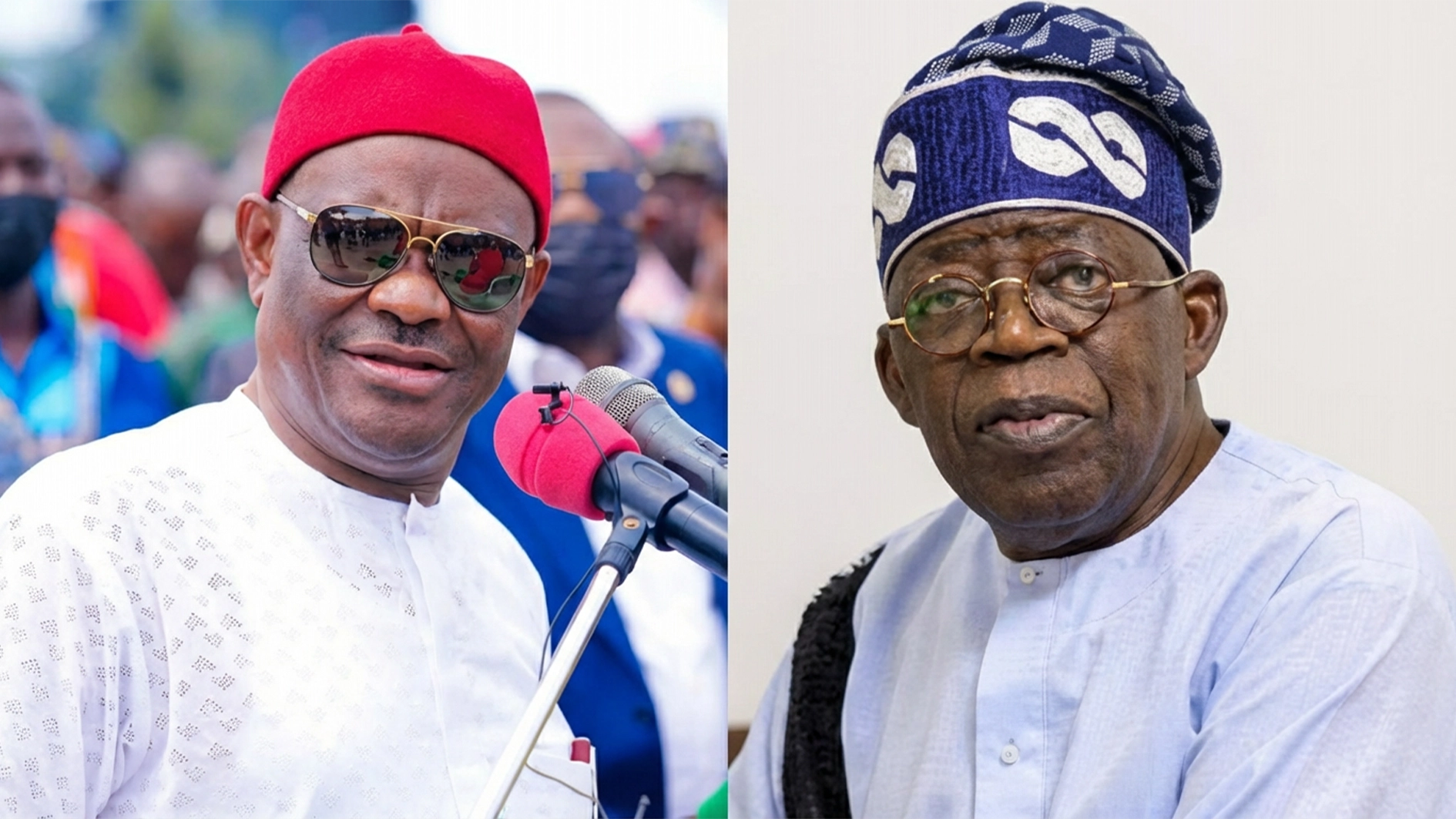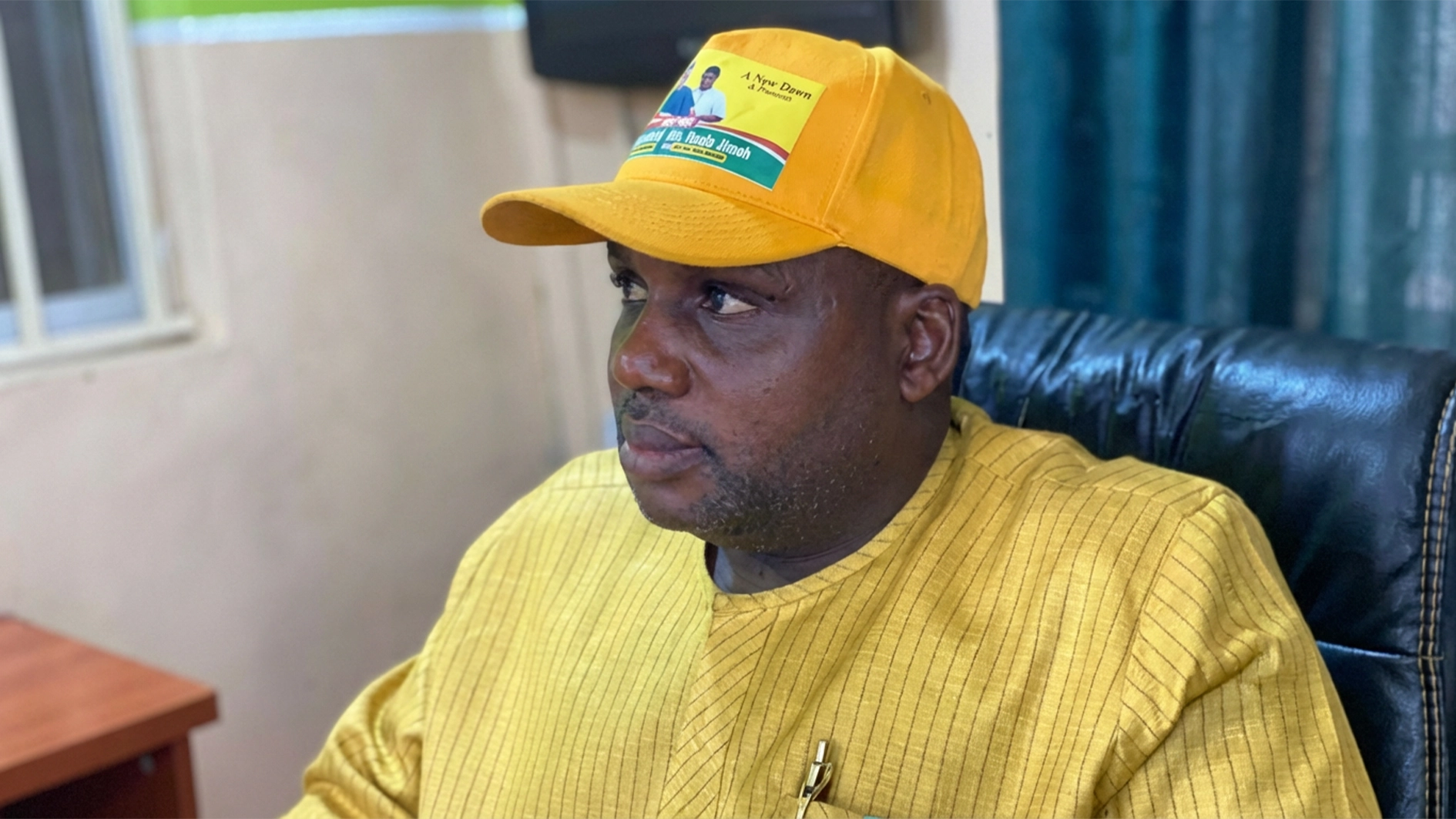The Independent National Electoral Commission (INEC) has raised the alarm over an alleged forged correspondence circulating on social media over the postponement of the Peoples Democratic Party (PDP) congress and governorship primary in Ekiti State.
INEC, in a statement on Friday by the Director of Voter Education and Publicity, Victoria Eta-Messi, said the purported letter dated November 10, 2025, did not originate from the office of the Secretary to the Commission or any official INEC channel.
The controversy over the purported correspondence comes against the backdrop of an intensifying leadership crisis within the Peoples Democratic Party (PDP), particularly involving the faction led by Senator Samuel Anyanwu and its acting chairman, Abdulrahaman Mohammed.
According to the document in circulation, which INEC has now denounced, the faction had written to INEC seeking the postponement of the Ekiti governorship primary on the grounds of alleged logistical challenges.
Another document claimed INEC, in a separate communication dated November 10, 2025, rejected the faction’s request, insisting that the notice contravened its Regulations and Guidelines for Political Parties, which require joint signatures of the party’s national chairman and national secretary before any congress or primary can be rescheduled.
The document claimed that the letter sent by Mohammed lacked legal validity and did not meet statutory requirements.
But Eta-Messi noted that preliminary findings revealed that the signature of the Secretary on documents was forged by “unscrupulous elements” seeking to mislead the public.
The statement said, “the attention of the Independent National Electoral Commission (INEC) has been drawn to a correspondence currently in circulation on various platforms, dated November 10, 2025, concerning the Resolution of the PDP National Working Committee (NWC) Meeting and postponement of the Ekiti State Congress/Governorship Primary, purported to have been issued and signed by the Secretary to the Commission.
“The Commission hereby states unequivocally that the said correspondence did not emanate from the office of the Secretary to the Commission, nor any official channel of INEC.
“Preliminary findings indicate that the signature of the Secretary to the Commission was forged by unscrupulous elements. Consequently, the general public, political parties, and the media are strongly advised to disregard the contents of the said correspondence in its entirety, as it is fake.
“The Commission views this act of forgery and the circulation of false documents as a serious electoral offence and a deliberate attempt to mislead the public.
“INEC wishes to use this medium to appeal to persons engaging in such futile, criminal, and disruptive activities to desist forthwith in the interest of electoral integrity and peace.
“Meanwhile, the Commission is collaborating with security agencies to investigate this matter and ensure the perpetrators are apprehended and prosecuted according to the law.”






